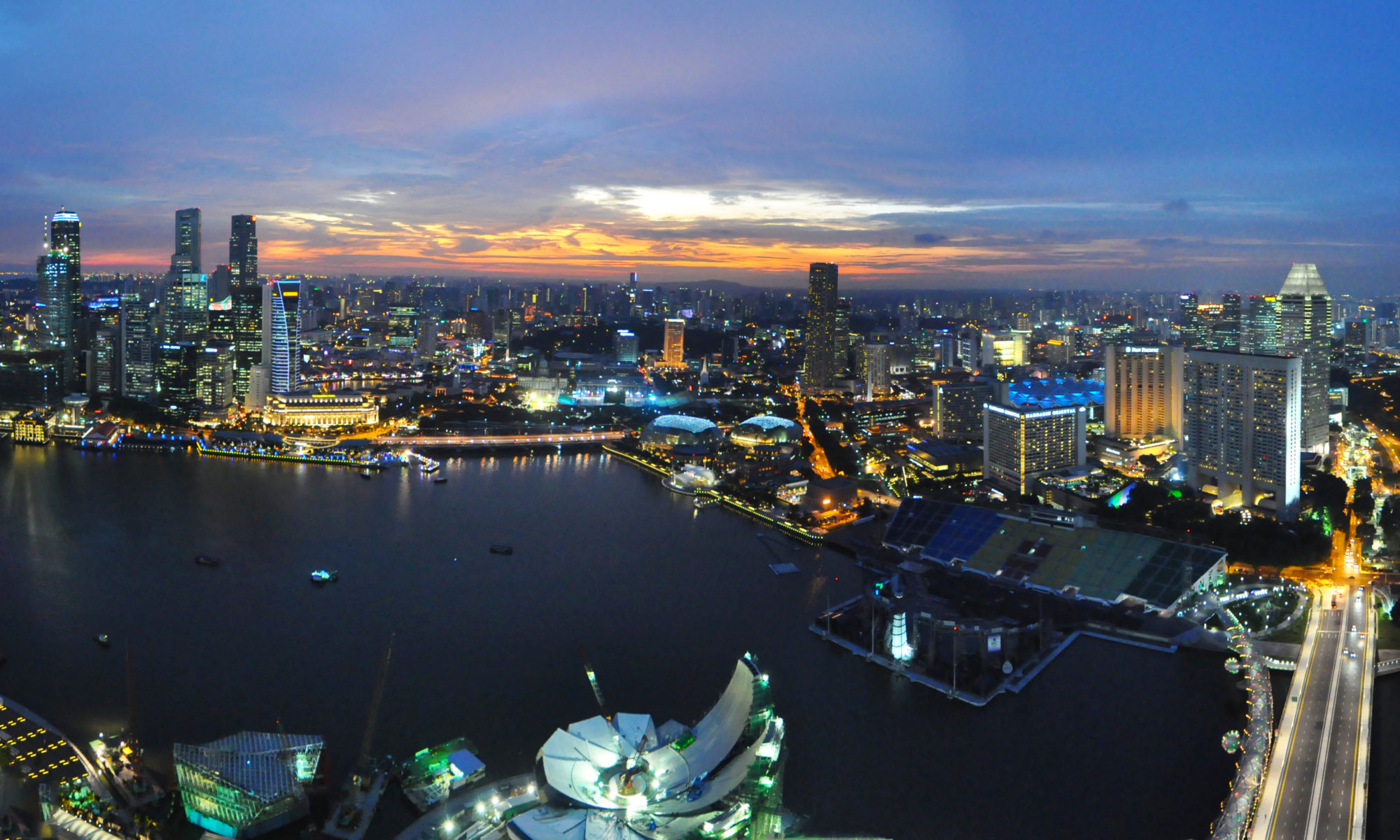Just over a week ago Singapore finished its first general elections in five years. I enjoy politics here nearly as much as I do in the states. Singapore is a strange country. It is mostly democratic. And its elections are a fun subject of my occasional consideration. My host country does not protect the speech of its citizens and guests, so entries like this will show deference to the law by omissions. I think I have a handful of election-related thoughts to jot down. We will see how many blog entries arise.
I studied some reputable sources on Singapore’s elections. But a funner source of information is our taxi drivers. Unlike the states, all the taxi drivers in Singapore are locals. All citizens, as far as I can tell. They are the blue collar backbone of the Singapore electorate. It is on their fears, their hopes, their anger, and their dreams that the political machine is fueled. Since I enjoy and solicit conversation with taxi drivers, I have heard an earful about where they think this country is going.
The biggest complaint from these drivers in the months leading up to the elections is the cost of housing. But to understand how much Singaporeans pay for housing, you have to understand the finances of living here.
Singapore is, by per capita GDP, second only to Japan in terms of richest Asian countries. A year ago when I moved here I heard the average annual income was around $26,000 USD. I tried to find a source for this minutes ago and instead found a site claiming the average is $34,608 USD. This is only about 17% shy of the USA’s whopping average of $40,584, as reported by the US census bureau. But in Singapore you will only pay $609 USD per year of income tax of that $34K income. That’s an effective tax rate of about 2%. So, Singaporeans have a lot of disposable income. More than US citizens, for sure.
Within the Singaporean government is a department called the Housing Development Board. They are responsible for building government-subsidized public housing. Two-room units in these buildings, called HDBs, currently rent from S$600-2200 per month. That’s $480-1762 USD. Consider Singapore’s real estate like San Francisco’s. In the prime area things are very expensive but if you’re willing to take a one hour train to work you can find cheaper housing at the population’s periphery.
Putting these numbers together, this means that a childless couple could earn about $70K USD per year, pay about $1400 USD in taxes, and spend as little as $6K on their apartment in the entire year. That leaves this couple with $62K USD of disposable income. This is a lot of money in a country where you can eat a meal for $1 and an exceptional amount as our neighbors can feed their citizens for one quarter of that.
Now, back to our vocal electorate: the taxi drivers I have talked to for the past half year. They were railing on and on about how expensive the housing has become in Singapore. These drivers, universally above the age of 40 and often above the age of 60, remember times when housing was half of what it is now. Based on that sepia memory, they feel the country’s highest priority is to lower their cost of rent. But as you can see from this short article on the incomes and housing costs, Singaporeans have great options for the money they are paid.
